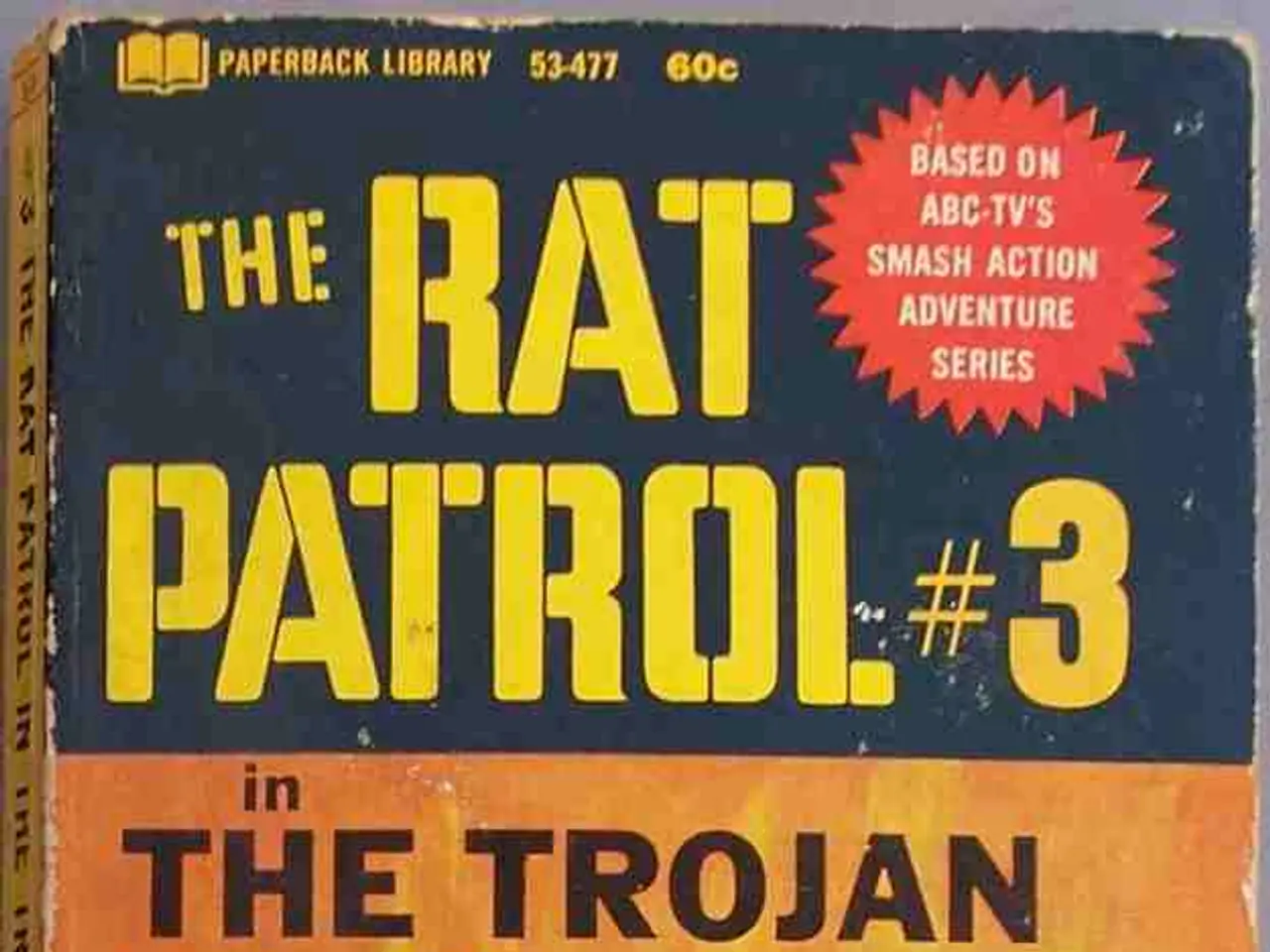States' Union or Separate Entities: Confederation as an Option
In the ongoing pursuit of a peaceful resolution to the Israeli-Palestinian conflict, three main proposals have emerged: the one-state solution, the two-state solution, and the confederation proposal. Each of these proposals differs in its political structure and citizens' rights, yet they all share the common goal of ending the conflict and accommodating both peoples.
One-State Solution
This proposal envisions a single democratic state encompassing all of Israel, the West Bank, and Gaza. In this vision, Israelis and Palestinians would share equal citizenship and rights, dissolving national separations entirely.
Two-State Solution
The two-state solution calls for the creation of two independent sovereign states—Israel and Palestine—existing side by side, each with full citizenship and governance for their populations. Variants propose annexation of large Israeli settlement blocs while evacuating isolated settlements. This solution remains the most internationally endorsed, but support fluctuates based on territorial and political details.
Confederation Proposal
The confederation proposal is a hybrid model combining elements of both. It involves two independent states with their own citizenship, but allows residents to live anywhere in either state and have local voting rights across borders. This model acknowledges deep-rooted ties of both peoples to the land as a whole and offers some shared governance without fully merging the states.
Regarding current positions, there is a significant divide among Jewish Israelis and Palestinians. Among Jewish Israelis, support varies: about 20% support two states, 12% support confederation, but the largest segment (42%) supports annexation of the West Bank without equal rights for Palestinians.
In contrast, among Palestinians, especially those in the West Bank and Gaza, support is significant for two states (35%) and confederation (28-45% depending on region). Support for a one-state solution with equal rights is lower but notable (25%).
Palestinian-Americans tend to support Palestinian statehood strongly, aligning with the two-state or confederation models, reflecting their priorities on sovereignty and rights closely tied to feasible peaceful coexistence.
The dynamics of these positions are shaped by recent events and political developments, with renewed violence deepening suspicions but also providing a potential impetus for reconsideration of these solutions.
From the Palestinian perspective, the establishment of a separate state alongside Israel in the 1947 UN partition plan was unacceptable due to the expulsion of nearly 700,000 Palestinians. These proposals continue to shape the discourse around resolving the Israeli-Palestinian conflict, with advocates on both sides seeking a just and lasting peace.
- Migration and general news have become increasingly relevant as discussions about future policy-and-legislation for the Israeli-Palestinian conflict continue, with various proposals like the one-state solution, the two-state solution, and the confederation proposal potentially impacting the movement of people in the region.
- War-and-conflicts play a significant role in shaping the positions of both Jewish Israelis and Palestinians, as renewed violence has deepened suspicions and influenced support for different solutions, such as annexation, two states, and confederation.
- Politics in the Middle East are often closely tied to the Israeli-Palestinian conflict, and the debate over proposed solutions has significant implications for the region, with advocates on both sides striving for a just and lasting peace that will reduce conflict and promote citizens' rights.




